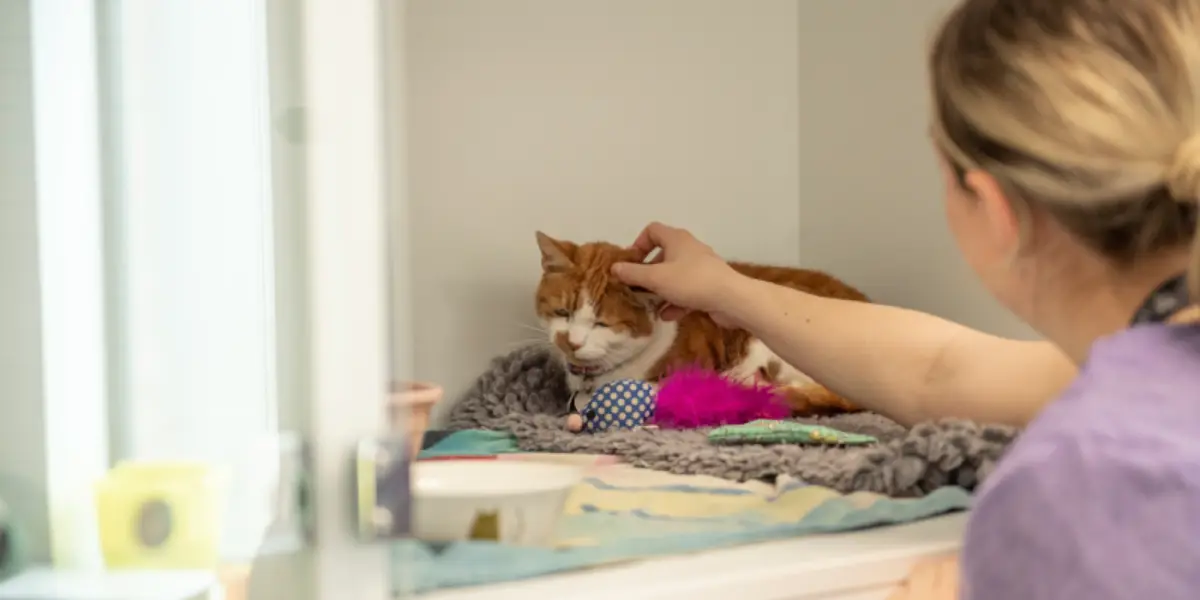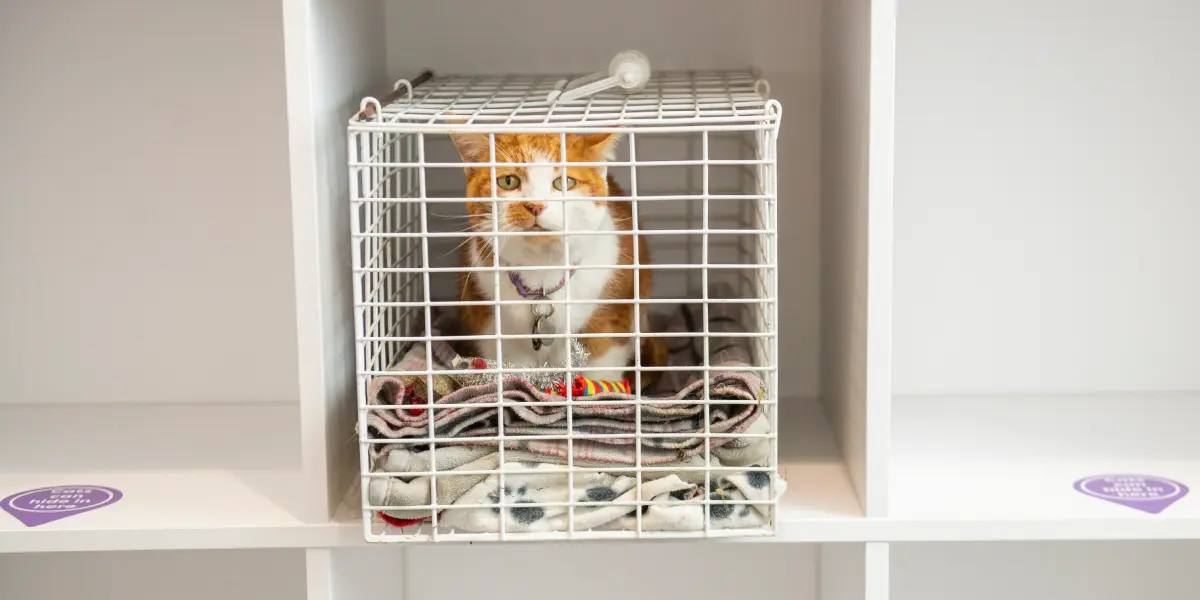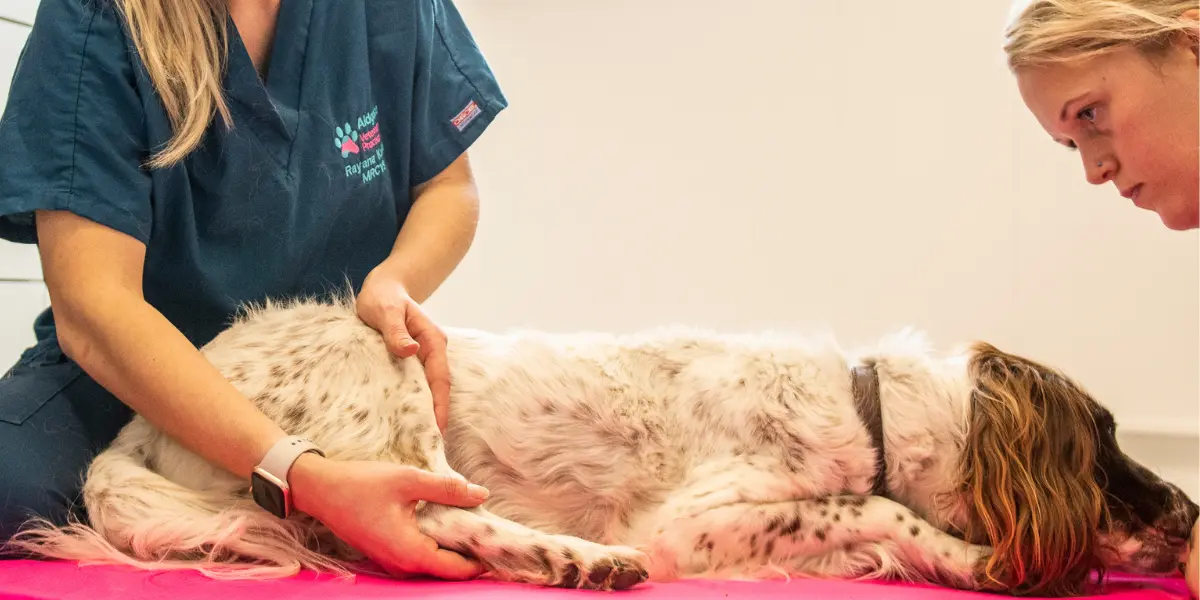Feline leukaemia virus (FeLV) is one of the most serious infectious diseases affecting cats worldwide. Although it sounds frightening, understanding feline leukaemia, recognising FeLV symptoms, and protecting your cat with the FeLV vaccine can make a world of difference.
At Aldgate Vets, we’re here to help you keep your feline friend safe and healthy, starting with awareness and prevention.
What Is Feline Leukaemia Virus (FeLV)?
Feline leukaemia virus (FeLV) is a contagious viral infection that weakens a cat’s immune system, leaving them vulnerable to other diseases, infections, and cancers. Unlike some viruses, FeLV doesn’t just go away, it integrates into a cat’s DNA and can cause long-term health problems.
While once considered a leading cause of death in cats, widespread vaccination and testing have significantly reduced cases of FeLV in cats. However, unvaccinated or outdoor cats are still at risk.
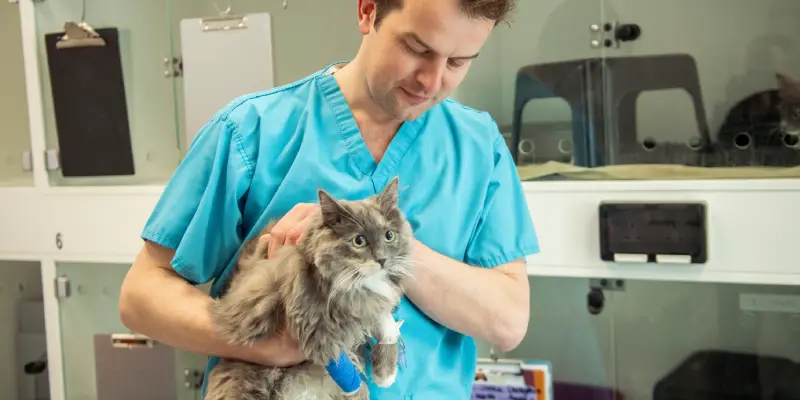
How Does FeLV Affect Cats?
Feline leukaemia attacks a cat’s immune cells, making it harder for the body to fight infections. Over time, it can lead to:
- Anaemia (low red blood cell count)
- Lymphoma and other cancers
- Recurrent infections due to a weakened immune system
- Weight loss and poor coat condition
Cats with feline leukaemia virus often appear healthy for months or even years before showing signs of illness, which is why early detection and vaccination are vital.
Common FeLV Symptoms
Recognising FeLV symptoms early can help you get your cat the care they need. Typical feline leukaemia symptoms include:
- Persistent fever or lethargy
- Loss of appetite and weight loss
- Pale gums or yellowing of the eyes (jaundice)
- Enlarged lymph nodes
- Mouth or gum inflammation
- Diarrhoea or vomiting
If your cat shows any of these FeLV symptoms, contact Aldgate Vets as soon as possible for testing and advice.
How Is Feline Leukaemia Transmitted?
FeLV in cats spreads primarily through saliva, nasal secretions, and other bodily fluids during close contact with infected cats. This means the virus can easily pass between cats that live together, groom each other, or share food and water bowls.
Even showing affection, such as mutual grooming or gentle nuzzling, can transmit the feline leukaemia virus.
Cats can also become infected through bite wounds, which are common during territorial fights, particularly among unneutered outdoor males. The virus can enter the bloodstream through these small wounds, quickly establishing infection.
In addition, feline leukaemia can be passed from a mother cat to her kittens, either during pregnancy, through her milk, or close contact after birth. This is why testing and vaccination are especially important before breeding or introducing new cats into your home.
The feline leukaemia virus doesn’t survive long outside the body, so it’s unlikely to spread through bedding or human contact. However, cats that roam outdoors, visit catteries, or interact with other untested felines face a much higher risk of exposure.
Keeping your cat indoors, testing new cats before introduction, and ensuring they receive their FeLV vaccine are the most effective ways to protect against infection.
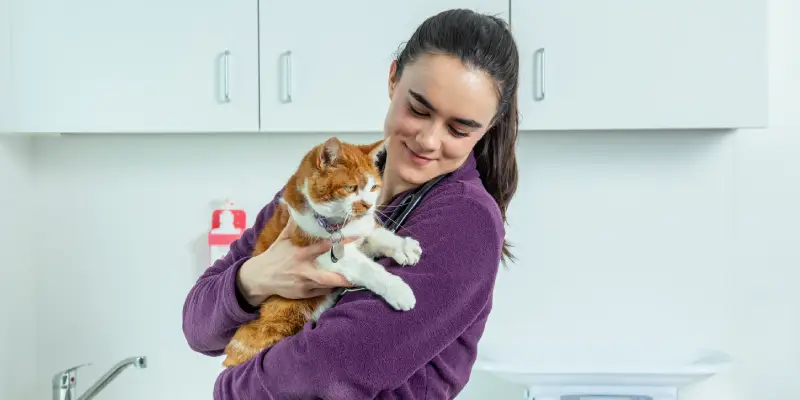
What Happens If Your Cat Is Diagnosed With FeLV?
A feline leukaemia diagnosis can be difficult news, but it’s not always the end. With supportive veterinary care, good nutrition, and a stress-free environment, many FeLV-positive cats can live comfortably for years.
At Aldgate Vets, we will create a tailored care plan, monitor your cat’s health, and advise on how to reduce the risk of spreading the virus to other cats.
The best protection against feline leukaemia virus (FeLV) is prevention, and vaccination plays a vital role. The FeLV vaccine is a safe and effective way to protect your cat from infection, giving them the best chance of living a long, healthy life.
Vaccination is especially important for kittens, outdoor cats, and those that live with or come into contact with untested cats.
Book Your Cat’s FeLV Vaccination with Aldgate Vets
At Aldgate Vets, we recommend regular testing and timely FeLV vaccinations as part of your cat’s routine healthcare.
Call us at our Bridlington practice (01262 677269) or our Driffield practice (01377 252087) or book online to schedule your cat’s FeLV vaccine appointment.
Our caring veterinary team is here to keep your cat happy, healthy, and protected from preventable diseases.

